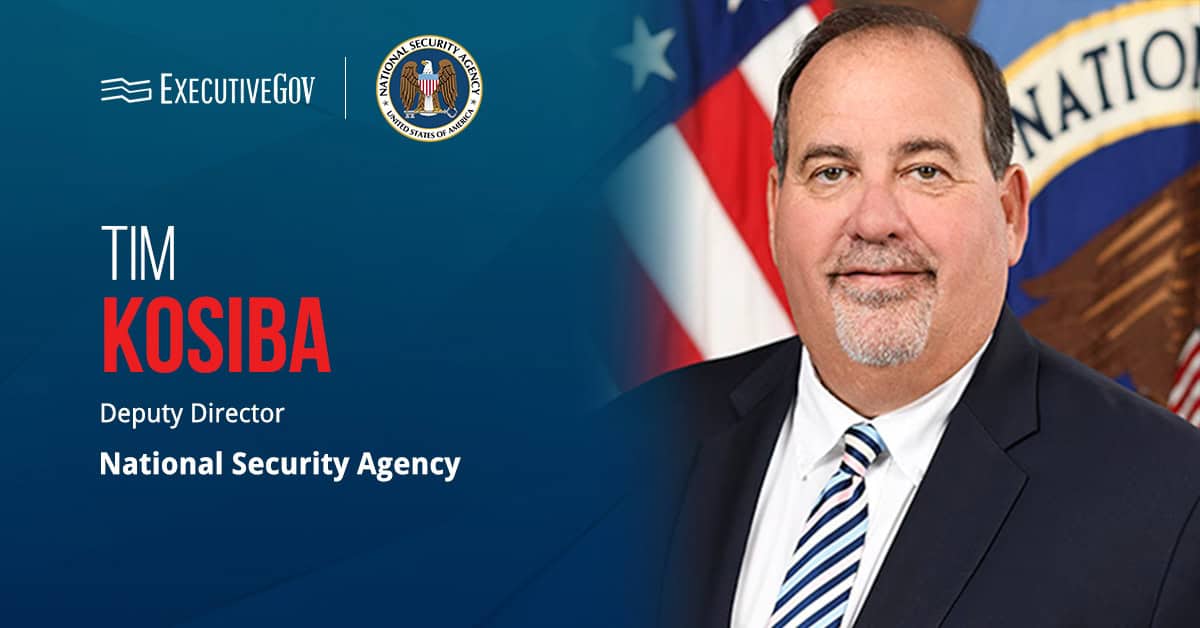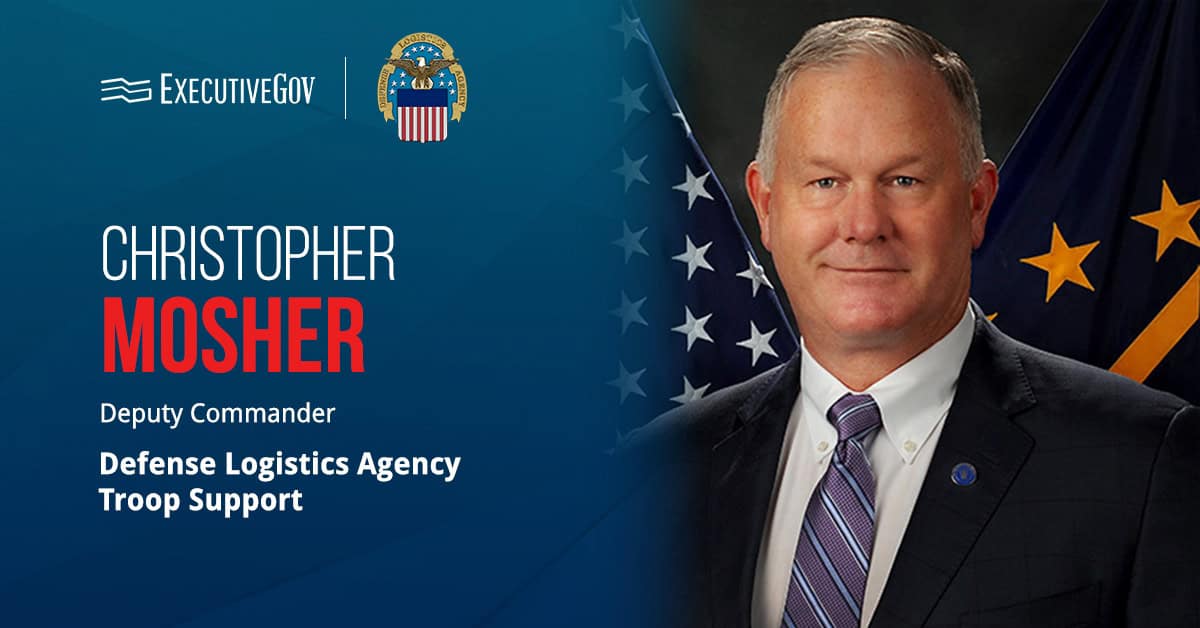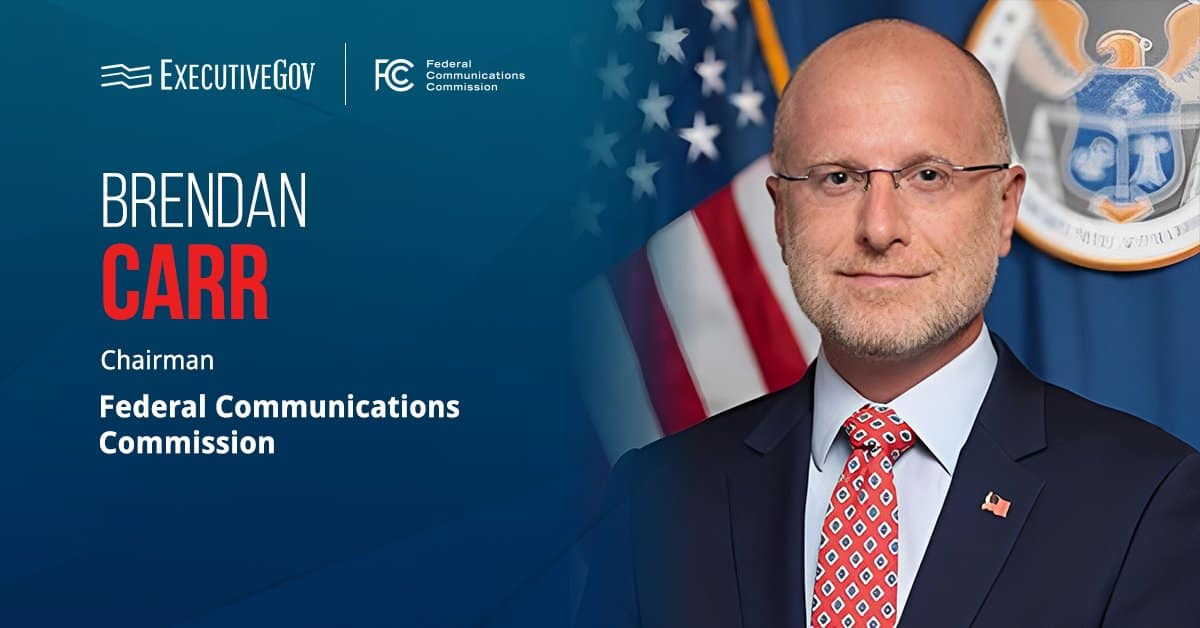
The U.S. Army has unveiled six key priorities in line with its modernization initiative. The service branch said Tuesday that it seeks to prioritize update efforts in combat vehicles, future vertical lift systems, long-range precision fires, network capacities, soldier lethality and missile defense.
“We will remain focused on delivering the 31 signature systems our cross-functional teams are developing in support of the six modernization priorities and ensure we can employ them the day they show up,” Ryan McCarthy, secretary at the Army.
In addition, the Army Futures Command will oversee eight cross-functional teams from various Army bases to help the military service achieve its objectives. The military service is slated to hold its annual conference on Oct. 14 through 19 to discuss its modernization plan.





